
TEMPO.CO, Jakarta - The money laundering case in Kutai Kartanegara exposes a dangerous alliance between public officials and security racketeers. The cycle must be broken.
THE gratuities and money laundering case in Kutai Kartanegara, East Kalimantan, is further proof of collusion between officials, the government, politicians and mass organizations. The involvement yet again of former regent Rita Widyasari in this collusion shows that corruption has grown tentacles and formed an intricate network.
Since 2018, Rita has been serving a 10-year jail sentence for bribery and gratuities received relating to permits for palm oil companies and partners for government projects from June 2010 to August 2017. She was found guilty of taking gratuities totaling Rp110.7 billion and bribes amounting to Rp6 billion. The Corruption Eradication Commission (KPK) continued its investigation by looking into alleged gratuities for coal mining permits and money laundering.
The anti-graft commission gathered evidence of funds for the security of the coal business being paid to a number of leaders of Pemuda Pancasila (Pancasila Youth). Among the recipients were Said Amin, Head of East Kalimantan Pemuda Pancasila, and Japto Soerjosoemarno, General Chair of the National Leadership Council. The KPK has searched the homes of Japto and Deputy Chair Ahmad Ali, who is also a National Democrat (NasDem) Party politician.
Collusion between government officials, politicians and businesspeople by using mass organizations is spreading rapidly in Indonesia. Ian Douglas Wilson, author of the book The Politics of Protection Rackets in Post-New Order Indonesia, claims that after the fall of the New Order, many mass organizations turned to providing security services. This business is a form of organized extortion.
These providers of security service, who are very close to thuggery, have also been exploited by people close to centers of power. Rita and people around her are only one example. This phenomenon has occurred in every regime. The New Indonesia People’s Movement (GRIB) Jaya, which was established to support President Prabowo Subianto, could be called the latest example. Groups like this feel that they are in power and become an arrogant force.
These types of mass organizations are no longer civil groups, but quasi-state organizations that often take actions beyond the powers of the authorities. Because of this, regional heads that embrace mass organizations to achieve and protect their political and business interests open the door to the spread of thuggery. Just imagine, there are more than 500,000 mass organizations in Indonesia, and they are vying for a share of the security business or confronting each other because of their affiliations with different regional heads.
As well as showing the weakness of law enforcement, collusion between politicians, mass organizations and businesspeople is also a threat to safety and social stability. In the short term, this phenomenon could hamper economic growth. According to the Indonesian Industrial Estate Association, business losses as a result of disturbances by mass organizations could reach trillions of rupiah, including investments that were cancelled because investors were frightened off by these organizations.
Hard work is needed to break these chains of collusion that cause these losses. The KPK should investigate similar cases in other locations if it wants to see healthy economic growth. But the law enforcement authorities must not use this eradication of the crooked networks of politicians, businesspeople and mass organizations as a pretext to suppress mass organizations that are political rivals of the government.
Hasto Kristiyanto Plans AI Use for Defense Statement, Claiming as First in Indonesia
4 hari lalu
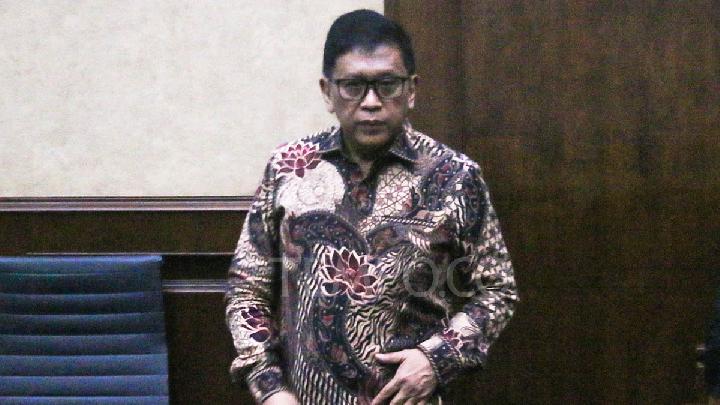
Hasto Kristiyanto integrates artificial intelligence and legal facts in his defense statement.
KPK Believes Higher Judge Salaries Could Help Prevent Corruption
6 hari lalu
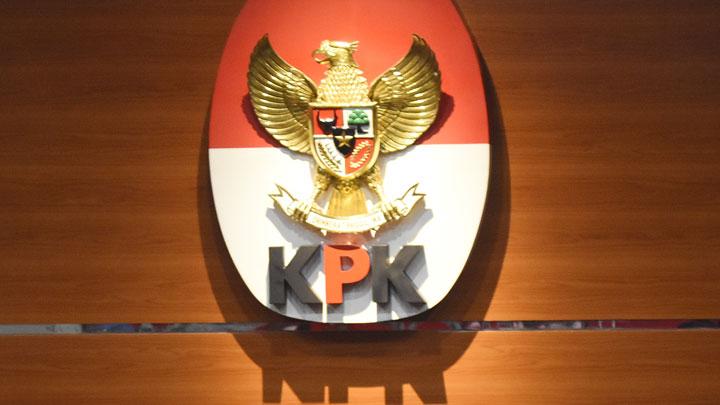
KPK states the need for a system to shield judges from corruption. Salary increase is seen as a measure to prevent corruption.
Singapore Court Rejects KPK Fugitive Paulus Tannos' Bail Request
6 hari lalu

The rejection of Paulus Tannos' bail application is a form of the Singaporean government's commitment to the extradition agreement.
KPK Probes Alleged Corruption in Raja Ampat Nickel Mining
9 hari lalu

The Corruption Eradication Commission (KPK) is investigating allegations of corruption linked to nickel mining activities in Raja Ampat.
KPK Unveils Existence of Ex-Papua Governor Lukas Enembe's Private Jet
10 hari lalu

KPK Chair Setyo Budiyanto discloses the existence of Lukas Enembe's private jet.
Minister Bahlil Silent on Alleged Mining Permit Violations in Raja Ampat
13 hari lalu

Bahlil confirmed that the government officially revoked four of the five nickel Mining Business Permits (IUPs) in Raja Ampat on Tuesday, June 10.
Regional Leaders' Low Salaries Fuel Local Corruption, Says KPK Secretary General
13 hari lalu

Secretary General of KPK has called on the central government to raise the salaries of regional leaders.
KPK Reveals Extortion Mode of Foreign Workers
15 hari lalu

The extortion mode used by the suspects is by exploiting gaps in the permit documents process, says the Corruption Eradication Commission (KPK).
Indonesia Submits Initial Memorandum for OECD Accession in Paris
19 hari lalu

According to Airlangga, the OECD accession process typically spans several years, ranging from five to ten.
KPK Questions Bank Jepara Artha Director in Rp250bn Fictitious Loan Case
19 hari lalu

The Corruption Eradication Commission (KPK) has scheduled an examination of President Director of PT Bank Perkreditan Rakyat Bank Jepara Artha


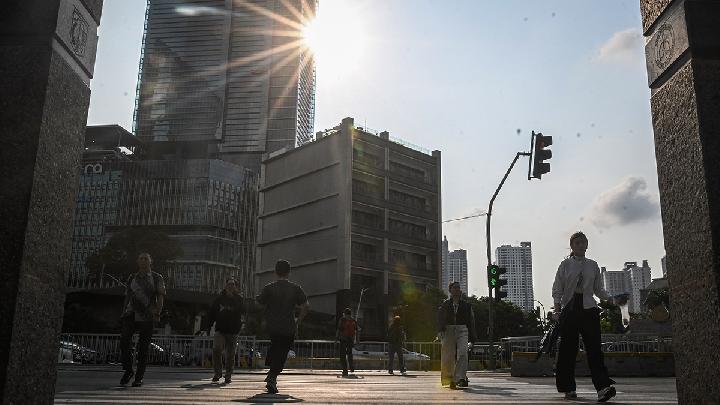
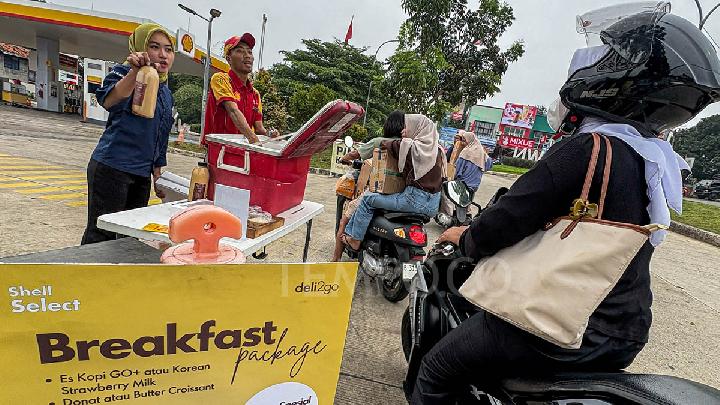


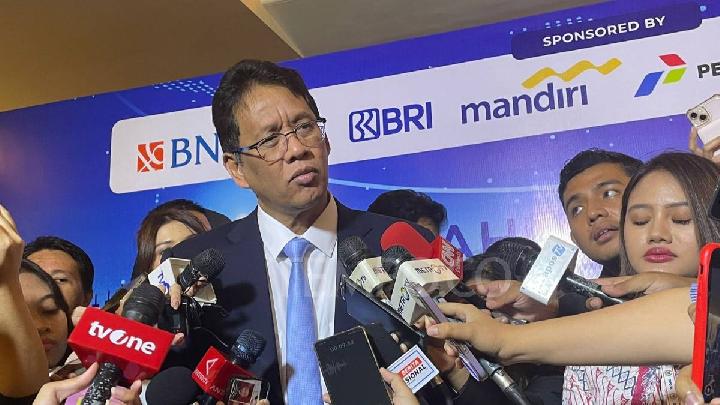
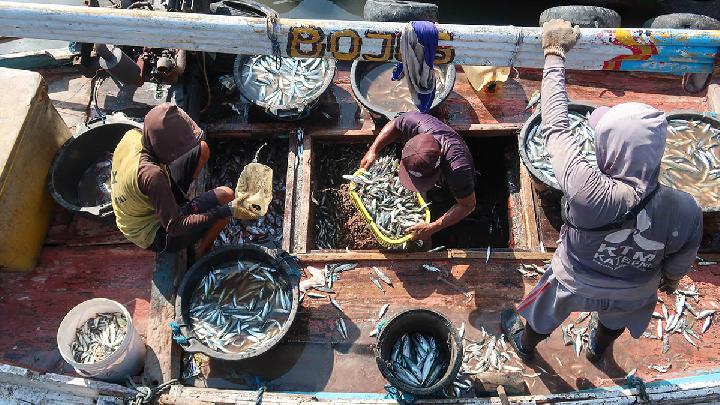
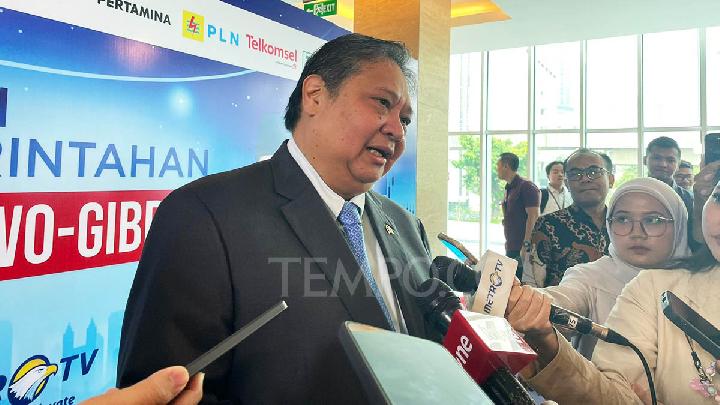
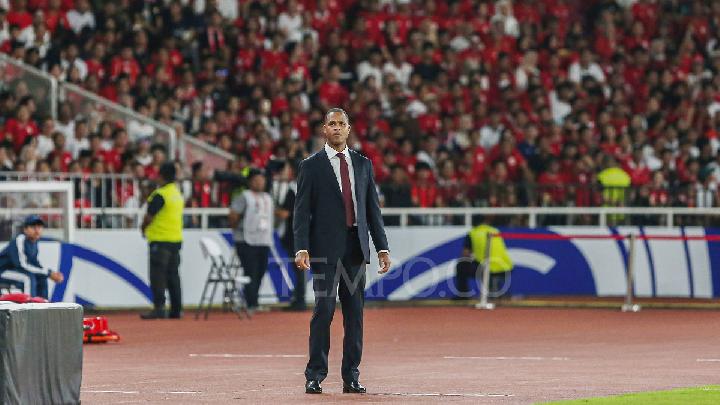
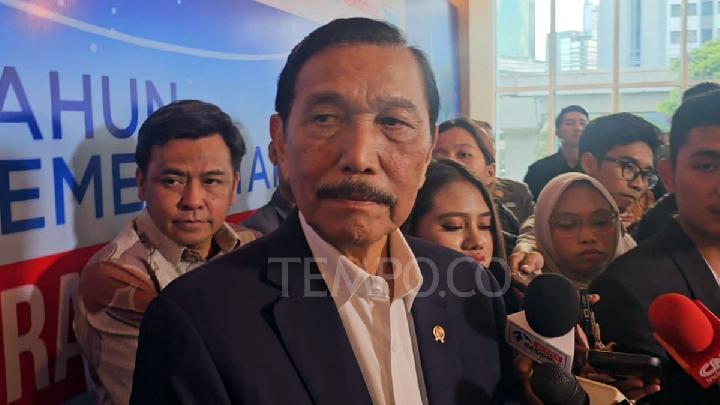


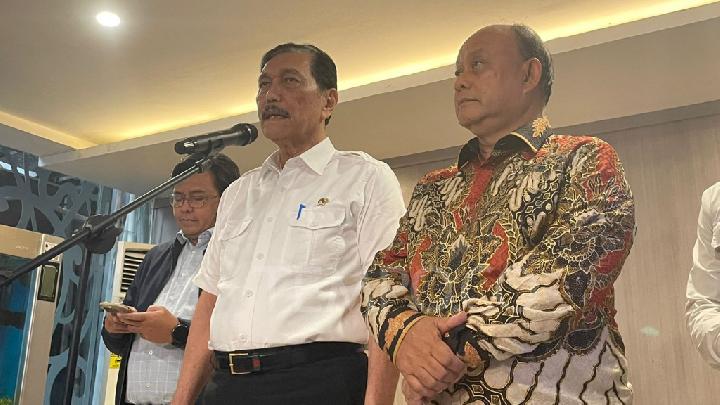

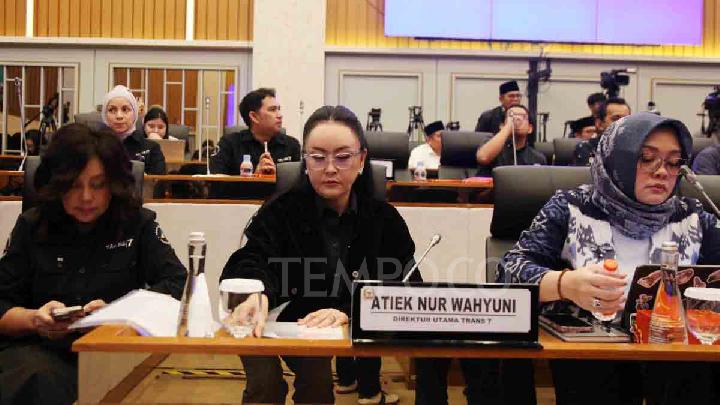
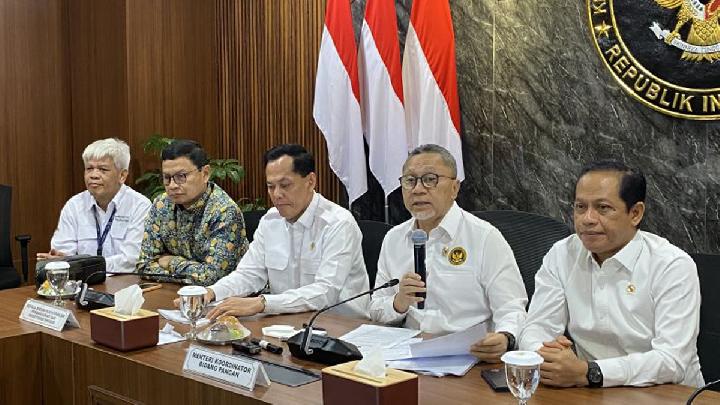
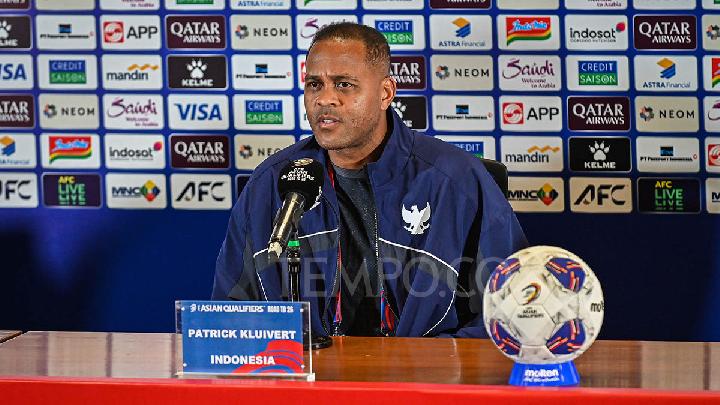













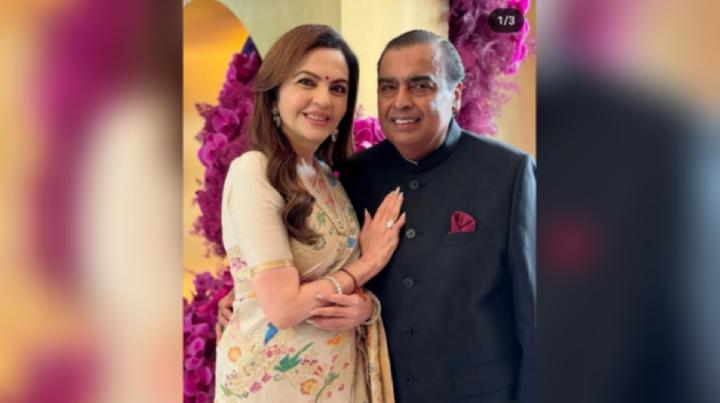
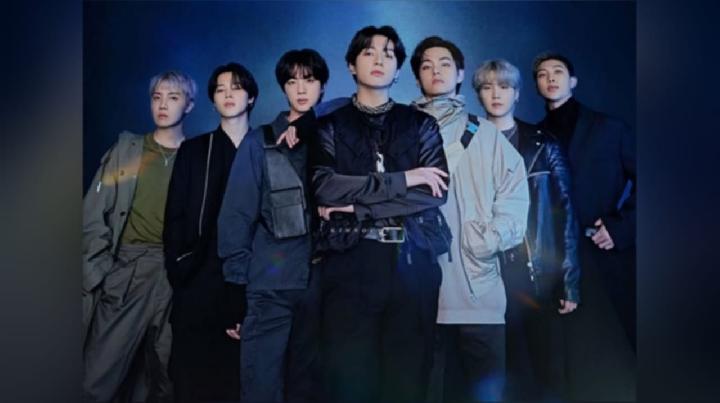

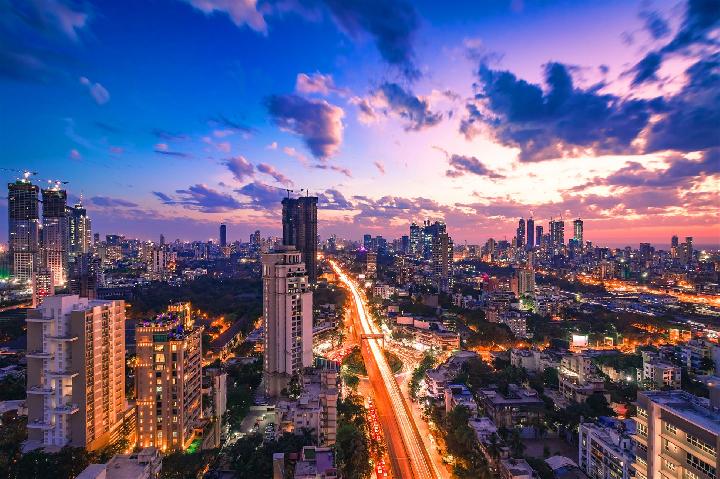
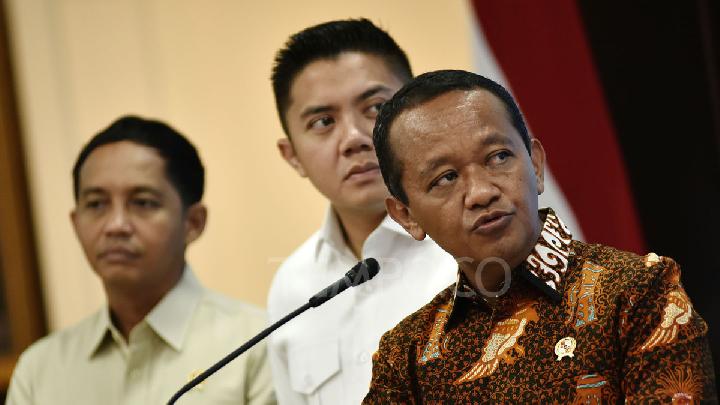
:strip_icc():format(jpeg)/kly-media-production/medias/5259504/original/040661700_1750434521-Cek_Fakta_Tidak_Benar_Ini_Link_Pendaftaran__11_.jpg)
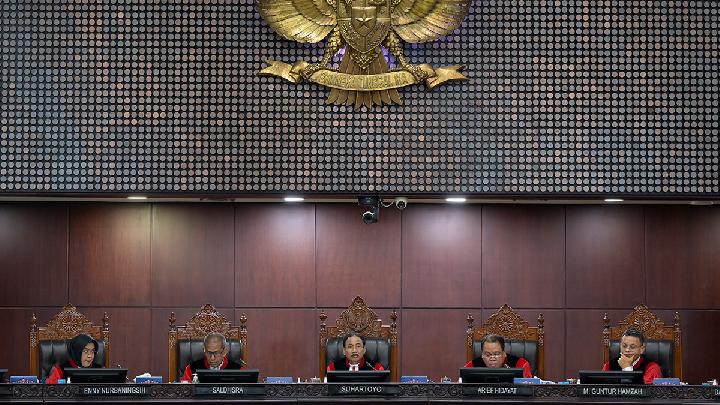
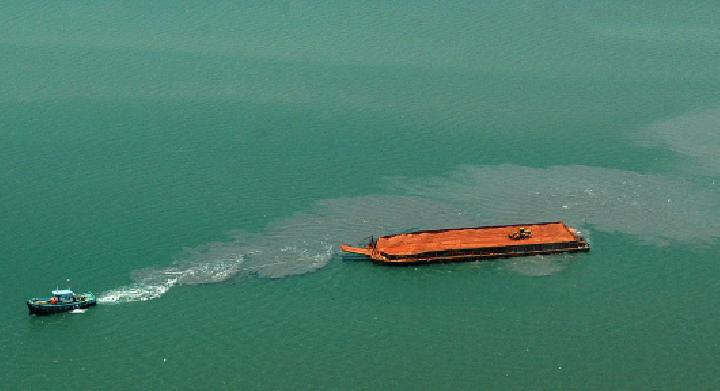

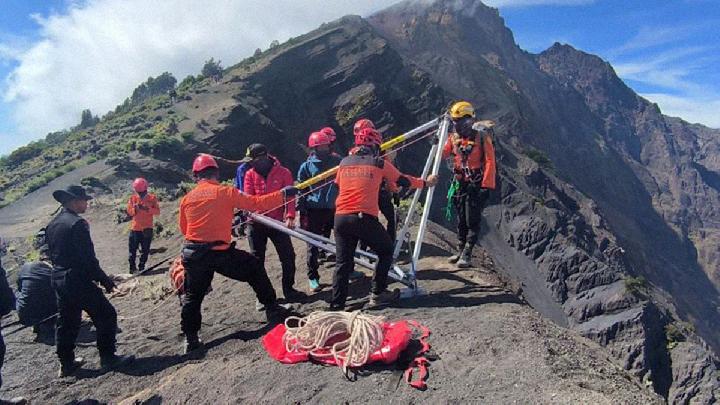
:strip_icc():format(jpeg)/kly-media-production/medias/4792086/original/012724000_1712058267-424435769_351377641151306_6011777831034403281_n.jpg)
:strip_icc():format(jpeg)/kly-media-production/medias/3110450/original/059507500_1587634731-Praying_Hands_With_Faith_In_Religion_And_Belief_In_God__Power_Of_Hope_And_Devotion___1_.jpg)
:strip_icc():format(jpeg)/kly-media-production/medias/5264803/original/026336600_1750904581-Cek_Fakta_Tidak_Benar_Ini_Link_Pendaftaran__11_.jpg)
:strip_icc():format(jpeg)/kly-media-production/medias/5255933/original/074636900_1750220645-Desain_tanpa_judul__6_.jpg)
:strip_icc():format(jpeg)/kly-media-production/medias/5260778/original/098870200_1750640493-Cek_Fakta_Tidak_Benar_Ini_Link_Pendaftaran__9_.jpg)
:strip_icc():format(jpeg)/kly-media-production/medias/4179793/original/078924100_1664858590-Lesti_Kejora_1_4_Juta_31_Agustus.jpg)

:strip_icc():format(jpeg)/kly-media-production/medias/904568/original/070887100_1434622909-imagepemimpinresized.jpg)
:strip_icc():format(jpeg)/kly-media-production/medias/5258866/original/038861000_1750402830-Cek_Fakta_Tidak_Benar_Ini_Link_Pendaftaran__9_.jpg)
